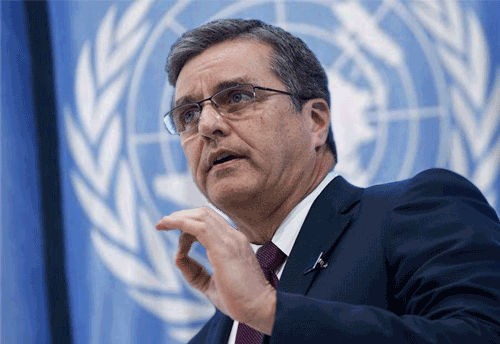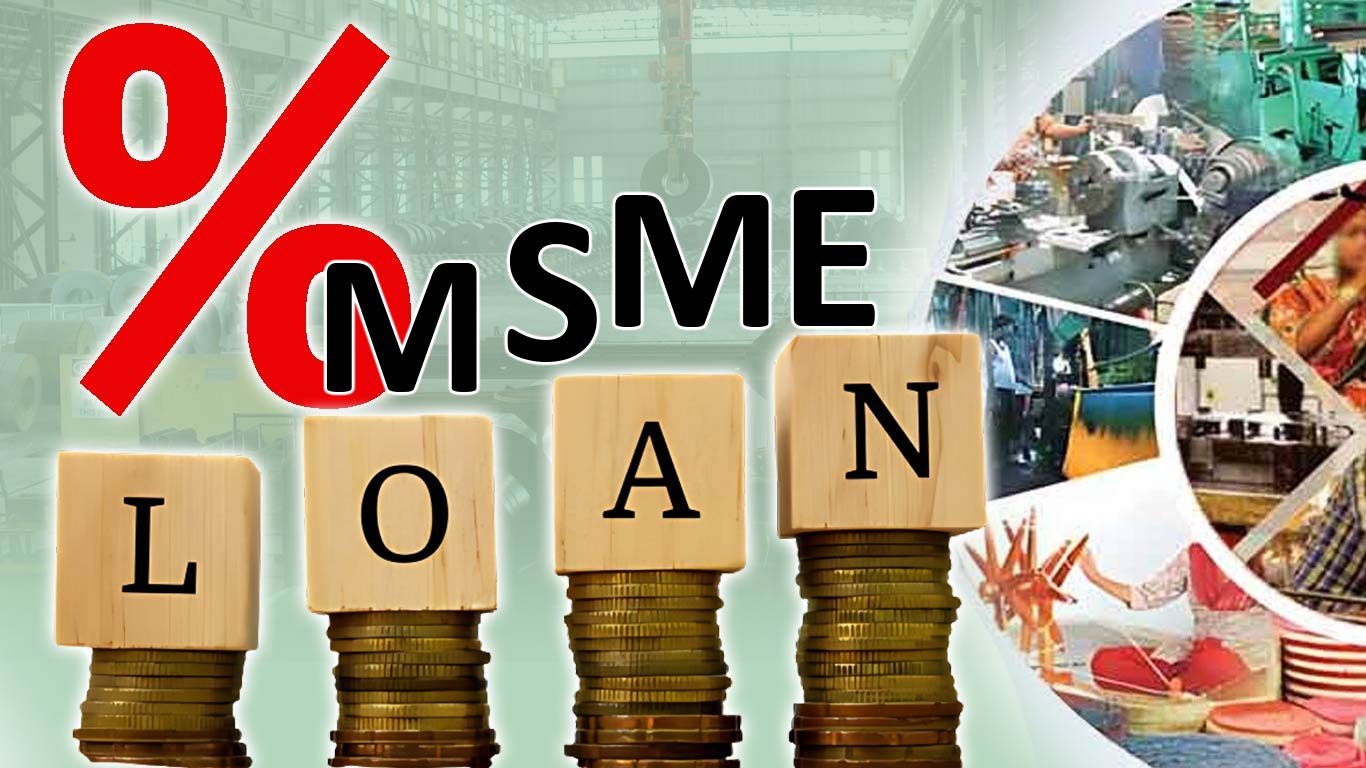FISME warns against WTO push for e-commerce negotiations
Updated: Feb 07, 2017 08:12:41am

FISME warns against WTO push for e-commerce negotiations
New Delhi, Feb 7 (KNN) The discussion on e-commerce has suddenly gained momentum in the World Trade Organization (WTO) which has alarmed many stake holders in developing countries including India.
On the eve of arrival Roberto Azevêdo, Director General of WTO to persuade Government of India to be on board on ecommerce negotiations, the apex body of small businesses in India, Federation of Indian Micro and Small & Medium Enterprises (FISME) has warned that negotiations could result in significant opening of markets for goods and services and curtail the policy space of governments to regulate and nurture its domestic producers.
The WTO work programme on ‘electronic commerce’, adopted in 1998, defines it ‘to mean the production, distribution, marketing, sale or delivery of goods and services by electronic means’. The programme is comprehensive and besides the goods and services also covers issues related to TRIPS and Trade and development.
“In the context of discussions on ecommerce, small and medium enterprises (SMEs) have come sharply in focus. A narrative is sought to be created at multiple international organisations seeking to establish significant gains to SMEs from international rulemaking on e-commerce”, says Anil Bhardwaj Secretary General of FISME.
But he warns, “the negotiations are unlikely to address some of the key constrains preventing SMEs from using ecommerce for their business in international/ cross border trade”.
Voicing the concerns of SMEs through his blog and financial dailies, he has said that SMEs in India and in other developing countries face insurmountable problems in embracing e-commerce especially for international trade due to lack of e-commerce readiness.
India faces serious challenges in four areas in facilitating e-commerce especially international/ cross border: hard and soft infrastructure, legal framework, taxes and administration.
Starting from internet infrastructure- which becomes a key determinant for e-commerce, while the penetration is growing due to mobile in developing countries, it lacks reliability and speed necessary for e-commerce.
‘Further, not just internet, for enabling e-commerce the entire logistics handling at ports/ airports has to be thought through anew with three key requirements: speed, cost of handling smaller consignments and ‘track & trace’ capability. At present the capabilities in these areas are squarely absent at most ports in India. There is huge shortage of as basic equipment as X-ray machines and trained staff to ensure security compliance speedily causing delays and uncertainties’, the blog notes.
Though bulk of ecommerce is carried out through small shipments by SMEs sent through post/ courier services, the existing systems are not geared up for exports through courier.
The biggest challenge in cross border e-commerce is to handle ‘returns’ which accounts for 25~30 % of total shipments.
“The experience of SME exporters, in this regard, is harrowing,” according to FISME Secretary General.
The note mentions the findings of a Taskforce set up by Government of India in this regard: “ the procedures and costs or bringing in a returned shipment through customs is unduly cumbersome, this imposes significant transaction costs… customs refuses to accept such shipments, they are returned, and Customs processes them as new imports imposing customs duties, which further adds to the cost of doing B2C e-commerce export business”.
The blog says that the promise of e-commerce for SMEs in developing countries cannot not be realized without making massive investments in hard and soft infrastructure and comprehensively reforming the legal apparatus governing e-commerce.
It cautions that initiating negotiations, without addressing the problems of SMEs in the digital environment, would further marginalise the SMEs.
It suspects that the big players in the online world may be behind this new found momentum pushing for opening up of e-commerce for cross border trade.
According to Anil Bhardwaj, instead of WTO negotiations on ecommerce, what is needed is to focus on bridging the digital divide meaningful manner. (KNN Bureau)











